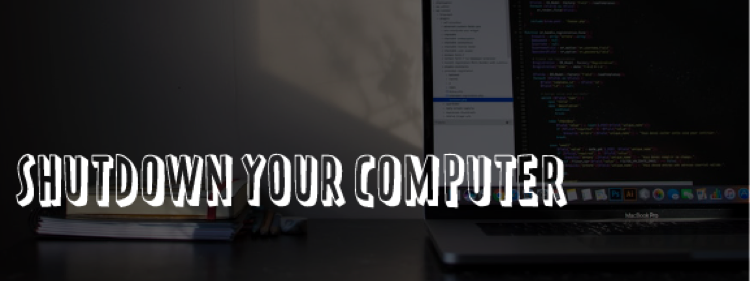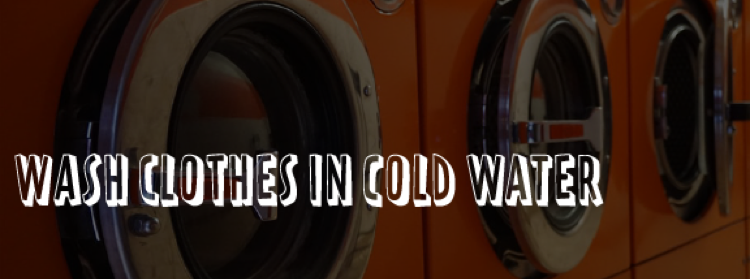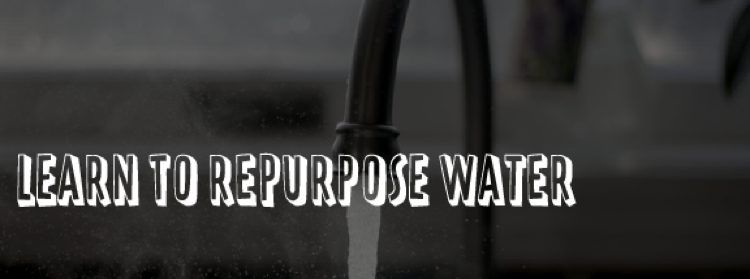With the entire state of Wisconsin ordered to stay at home in light of the coronavirus pandemic, we’re seeing changes to the environment, even though the circumstances are deeply troubling. There’s less need to travel, thus reducing greenhouse gas emissions from travel. Those who are working from home also use less plastic and paper than they would at the office.
We’ll likely see global carbon emissions and air pollution return to pre-covid levels once the global economy picks up again. Strong policy, not a pandemic, is what will enable us to tackle major environmental challenges in a way that also protects public health and boosts the economy.
But there are still ways we can make good habits about our use of resources at home–habits that we can build now and carry with us into a post-coronavirus world that are beneficial to the environment. As you hunker down for the foreseeable future, here things you can do to reduce waste, save money, and help the planet.

On average, a laptop uses about 60 watts of power while a desktop uses upwards of 175 watts.
Shutting down your device when you’re not using it not only extends your device’s lifespan, but it also saves you money. Running an average laptop constantly can cost upwards of $54 a year. If you have multiple computers at home that are constantly on, this can add up quickly. Additionally, when a computer is constantly on, it will generate heat, wearing out your device more quickly and subsequently shortening its lifespan.

The average family throws in eight loads of laundry a week. Even with energy saving models, the cost of doing laundry can add up to $115 a year for electricity usage alone. If you don’t have an energy saving model, washing your clothes in cold water greatly reduces the electricity needed to heat the water otherwise. The EPA estimates that 17% of the average energy bill comes from the electricity used to heat water.
Though cold water is fine for most clothes, sometimes hot water is needed – especially when sanitizing your clothes is the end goal. Here is when (and when not to) wash laundry in cold water.

Plugged in electronics such as TVs, microwaves, and toasters all use standby power, even when shut off. According to the EPA, the average household spends approximately $100 a year to power devices not on. Nationwide, the total electricity consumed by idle devices equates to the annual output of 12 power plants. The best way to eliminate unnecessary waste is to unplug everything when you’re not using, however that might not be possible or feasible. Aside from investing in smart appliances, there are very simple ways to reduce power consumption, including unplugging things when they’re fully charged, unplugging lesser used items, activating energy saving modes, and investing in a power strip.
Did you know? Turning a power strip off has the same effect as unplugging everything and will help you avoid paying for phantom energy. Want to know how much your electronics are costing you yearly? Calculate your energy consumption here.

The best way to wash dishes is with a dishwasher: Average Energy Star certified dishwashers use 3.5 gallons or less per cycle. If you don’t have access to a dishwasher, you can still be efficient with how you wash your dishes. Instead of letting your water run while you’re washing dishes, fill one sink with hot, soapy water for washing and the other sink with cool, clear water for rinsing. If you don’t have a dual sink, use two large bowls instead.

The average office worker uses 10,000 sheets of paper per year. As workers are starting to telecommute and work from home, this nearly eliminates the need for paper for work. But at home, there are still ways to reduce paper usage. Start cancelling unnecessary mail that can be delivered electronically, such as electronic bills and statements. This includes switching magazines and newspapers to digital subscriptions and unsubscribing from unsolicited mail. The New York Times also recommends avoiding mail intended for previous residents. To do this, cross out any bar codes on the envelope and write: “Return to sender: Recipient moved” on the front and put it back in your mailbox. Repurpose junk mail as scrap paper or notebook paper.
This will not only cut down on waste, but it will also save water: To make 1 kilogram of paper, 324 liters of water is used.

